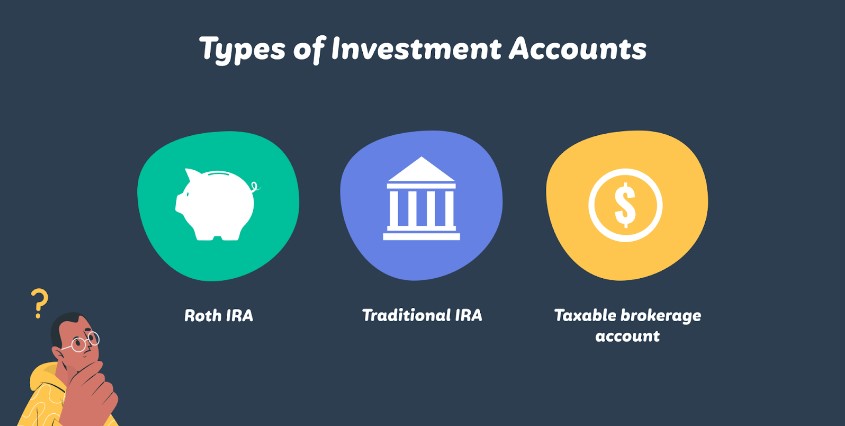Which types of accounts can I open with LifeBright?
Our goal is to provide you with modern and efficient investing opportunities that don’t limit your possibilities. For this reason you can open a variety of brokerage account types:
Ownership options
- Owned Individually: You are the sole owner of your brokerage account. (IRA’s require individual ownership)
- Joint Account: You own the account with another person as joint tenants and both share rights of survivorship. (Meaning, if one of the account owners passes away, the entire account would then be owned by the surviving account holder).
- Personal Trust Accounts: A trust created for a person or persons. Personal trusts can be used by individuals to accomplish a variety of financial objectives. Personal trusts are separate legal entities that have the authority to buy, sell, hold and manage property/investments for the benefit of their beneficiaries. A common type of trust is a living trust. A living trust is a property interest created during a persons life that allows easy transfer of assets without going through the process of probate court.
Brokerage options
We offer the following types of brokerage accounts:
- Individual Retirement Accounts (IRAs), Rollover & Traditional.
Traditional IRA contributions are often tax-deductible. (often stated as before-tax contributions”) Buying or selling, or re-balancing your investments has no tax consequence, and withdrawals at retirement are taxed as ordinary income (except for contributions that were not deductible). As the name implies, monies deposited into an IRA account are saved for retirement, and withdrawals prior to age 59 1/2 may be subject to a 10% penalty for early withdrawal.
Rollover IRA’s carry the same tax treatment as Traditional IRA’s, but the funds come from a qualified plan i.e. 401(k), 403(b), and are “rolled over” into the rollover IRA instead of being distributed in cash. This commonly happens when a person retires, or changes jobs. Consult a financial professional to understand the distribution options you have when leaving a company.
- ROTH IRAs
Contributions are made with after-tax dollars (non-deductible). Buying, selling, or re-balancing your investments has no tax consequence, and withdrawals after 59 1/2 aregenerally tax-free. - Beneficiary IRAs
An individual retirement account that is left to a beneficiary after the owner’s death. Tax laws surrounding inherited IRAs are somewhat complicated, and depend on the beneficiaries relationship to the deceased owner. Beneficiaries should seek the advice of a tax/financial professional if they inherit an IRA. - Simplified Employee Pension (SEP) IRAs
A type of IRA that allows an employer (typically a small business or self-employed individual) to make retirement plan contributions into a Traditional IRA established in an employee’s name, instead of to a pension fund in the company’s name.

